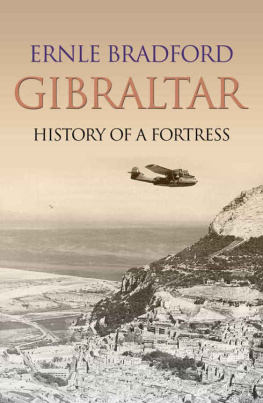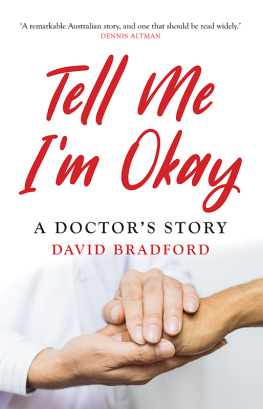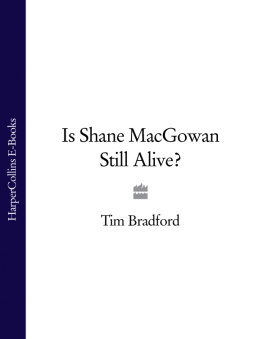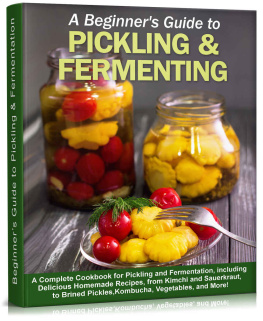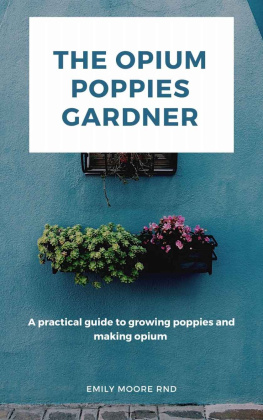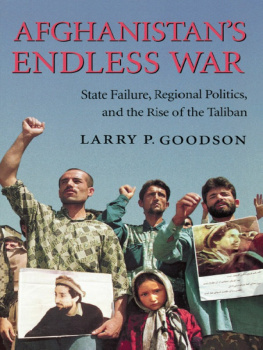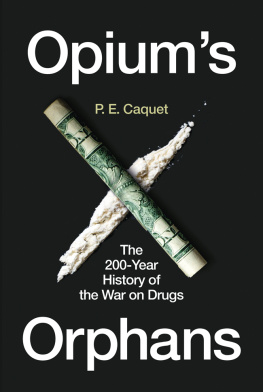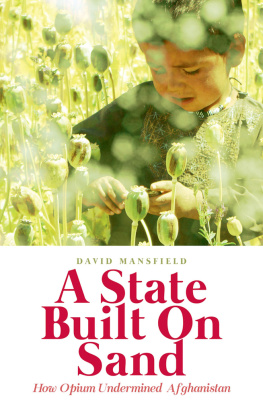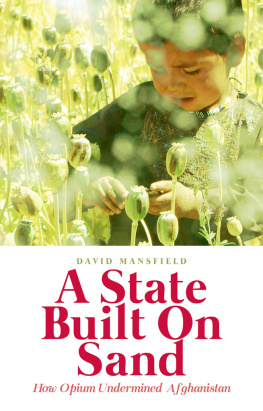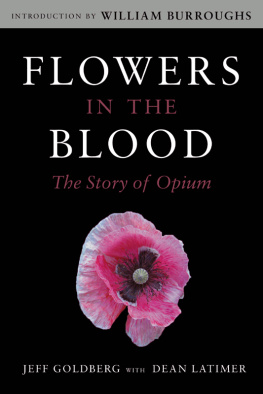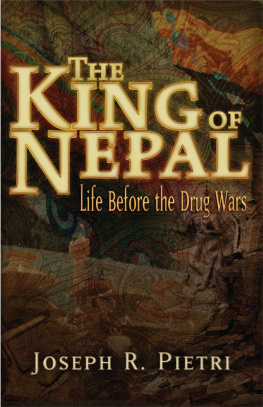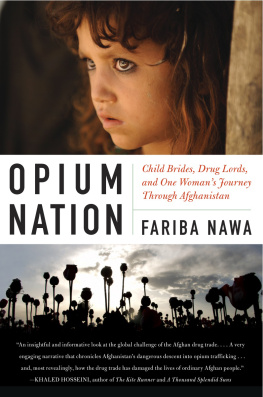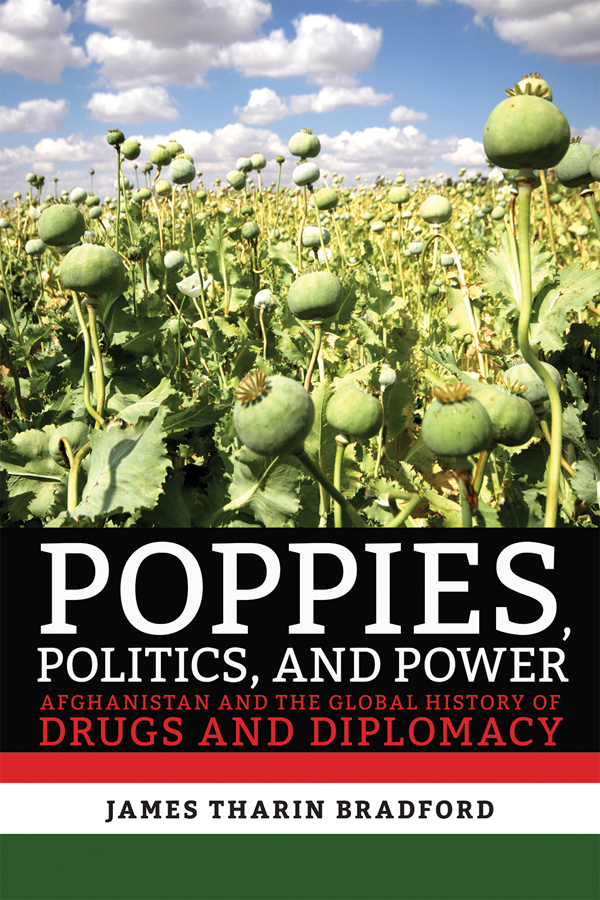This book is dedicated to my children, Winston, Lewis, and Beatrice, and especially to my wife, Cara, whose patience, love, and support helped see this project through
ACKNOWLEDGMENTS
Im sure many of my undergraduate professors would be astonished to know that not only did I get a PhD but published a book. Needless to say, I was not a great student during my first few years of undergraduate studies. Much like the poppy plant, however, I matured in time, and let us hope this book can be as powerful, effective, and maybe even as addictive (figuratively), as opium itself.
During graduate school, there were times when I was at a total loss as to the direction of my doctoral research. For that, a special thanks goes to the late Dr. Christina Gilmartin. Before her passing, Chris was one of the few professors who believed in my work. She not only convinced me to pursue my doctorate, despite having entirely different geographic and topic specialties, but she spent the time to learn the literature of drugs and Afghanistan to accommodate my needs. If not for Chris, I would never have pursued a doctoral degree, and for that I am forever grateful. After her passing, I was fortunate to have many wonderful academics in the Northeastern History Department who helped guide me to the finish line. My adviser, Heather Streets-Salter, provided me with keen insights and critiques that helped guide my project and facilitated its focus and completion. I am especially grateful for her willingness to take the chair after Professor Gilmartins passing. Dr. Tom Havens also gave so much of his time and energy to my intellectual and professional development. He is the role model for everything I hope to become.
But none of this would have happened without Dr. Thomas Barfield in the Anthropology Department at Boston University. It was his class that first introduced me to Afghanistan. More important, however, was his incredible patience in dealing with the many variations of the project. I once sat in his office for an hour, lamenting whether this was a project that could even be done. Although he was probably quite annoyed, he remained kind, and more important, patient, and ultimately offered keen insights that took my project into a broader and more attainable direction. For his personal and professional insights, I offer my tremendous gratitude.
I was fortunate to work with tremendous doctoral students at Northeastern who could be counted on not only for their intellectual insights but also for an important pint at Punters. Thank you to Andrew Jarboe, Zachary Scarlett, Samantha Christiansen, Malcolm Purinton, Stephanie Boyle, and Stacy Farenthold. A very special note of appreciation and thanks goes to my brilliant friend Burleigh Hendrickson, who read this entire manuscript and provided a great deal of healthy criticism. I cannot imagine how much time you took to edit this book, but you offered such valuable critiques for which I am forever indebted.
I met many wonderful and stimulating colleagues on my travels for research and conferences. I want to thank Alfie Paul at the National Archives in College Park for his time and patience in helping me figure out just what exactly I was doing. I would also like to thank Hirad Dinavari at the Library of Congress, who was the model of helpfulness and responsiveness. Masuma Naziri was most supportive in helping navigate the National Archives in Kabul, Afghanistan. For taking the time out of their hectic schedules to talk about their work from many years ago, many thanks to Terry Burke, Doug Wankel, Joe Keefe, and Elizabeth Jones. To the staff at the American Institute of Afghanistan Studies in Kabul, Dr. Rohullah Amin, Sultan Barakzai, and Zafar Daqiq: thank you. And to Jebrael Amin, you are a wonderful representative of the love, sincerity, and hospitality of the Afghan people. For your help doing research, thank you.
A great thanks goes to my editor Jim Lance, who encouraged me to follow through with this book. I would also like to thank the rest of the team at Cornell University Press, especially Carmen Adriana Torrado Gonzalez, Jennifer Savran Kelly, and Ellen Murphy, as well as Sandy Aitken for indexing, and Mary Ribesky at Westchester Publishing Services. Thank you all for your patience in helping me finish this book. And most importantly, thank you for giving me the opportunity to publish my first book. I have presented various excerpts of this book at conferences and workshops over the last several years. At the Alcohol and Drug History Society, I would like to thank Professors James Mills, Patricia Barton, Paul Gootenberg, Stephen Snelders, and Miriam Kingsberg for their keen insights. To Mario Del Pero and Andrew Preston, and the participants of the SHAFR (Society for Historians of American Foreign Relations) summer workshop at the University of Cambridge, thank you for your criticisms and suggestions. To John Buchanan, who introduced me to iconic figures in the study of drugs in Southeast Asia such as Alfred McCoy and Bertil Lintner, thank you, and may we eat royally again soon. I have also been fortunate enough to meet researchers who risk both life and limb to study the contemporary drug trade in Afghanistan, and took the time to help in my own historical inquiry. I would also like to thank the two readers of this manuscript for the attention and detail paid to my project. In that regard, a special thank you to Pierre-Arnaud Chouvy, who helped guide this project into much needed new territory. And to David Mansfield, thank you most of all. I have the utmost respect for all that you do and am truly grateful for your ideas about my work and conducting research in Afghanistan. If only more people in the drug field shared your empathy and understanding.
I am also grateful for the following sources of financial support. I was fortunate to receive the John F. Richards Fellowship and the John F. Richards Travel Grant from the American Institute of Afghanistan Studies for archival research and travel abroad. I also received a tremendous amount of financial support from Berklee College of Music, where I teach primarily, as well as from Babson College, where I teach as an adjunct. Both schools helped fund my research, and I feel fortunate to work at both institutions.
And to my students, a tremendous thank you. The millennial generation gets its fair share of criticisms, much of it justified, but many of my students inspire me with their willingness to engage and interact with a topic (drugs) that is both universal and relevant, yet remains taboo. Fortunately, we dont have that problem in my classroom. Thank you for your honesty, desire to learn, and your willingness to engage with me and the academic world of illicit drugs. You give me hope for the future. To my colleagues, thank you as well. Your support in both writing and teaching has gone a long way in helping me finish this book.
Last and most important, I wish to express a great deal of love and appreciation for my family. I offer thanks to my siblings, Will, Leslie, and Marion, for their unyielding support; to my grandparents, who gave up on me becoming a lawyer and accepted me as a historian; to my in-laws, Bob and Ann Marie, who treat me as one of their own; and most important, to my parents, John and MarjorieIm not sure you ever imagined it would be me publishing a book. I could not have done it without you.


